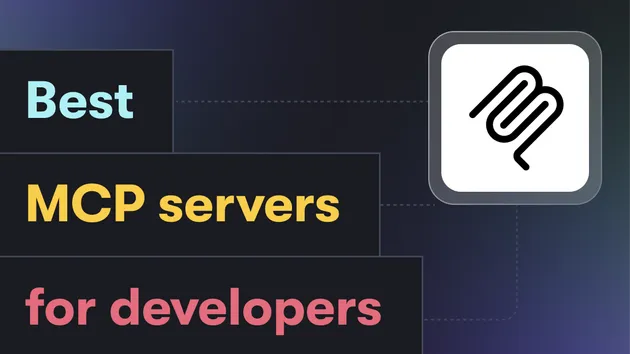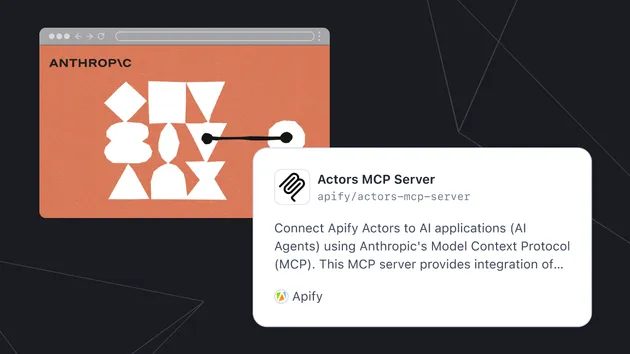ArXiv MCP server
Pricing
Pay per usage
Go to Apify Store

ArXiv MCP server
The ArXiv MCP server provides a bridge between AI assistants and arXiv's research repository through the Model Context Protocol (MCP). It allows AI models to search for papers and access their content in a programmatic way.
Pricing
Pay per usage
Rating
0.0
(0)
Developer

Jakub Kopecký
Maintained by Community
Actor stats
2
Bookmarked
48
Total users
0
Monthly active users
8 months ago
Last modified
Categories
Share




